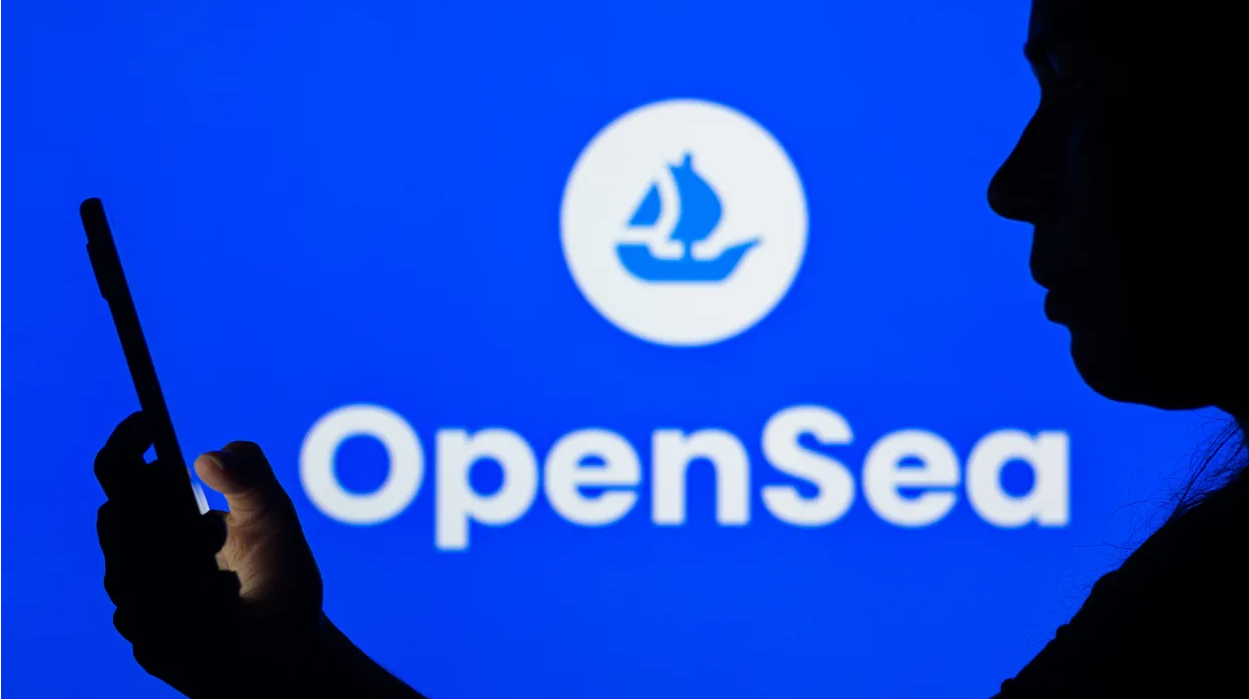Nathaniel Chastain, the former head of product at OpenSea, has been convicted of wire fraud and money laundering by a Manhattan federal court jury, culminating in a week-long trial and two days of deliberations.
Insider trading, which involves utilizing confidential information to make profitable trades, was at the heart of the allegations against Chastain.
This landmark case marks the first instance of insider trading involving digital assets, as announced by the US Department of Justice.
Nathaniel Chastain’s Insider Trading Scheme Shakes Up Digital Asset Markets
Chastain’s role at OpenSea involved the selection of NFTs that would be promoted on the homepage, a process that usually led to a surge in the price of the featured assets.
However, he reportedly bought dozens of these tokens before they were featured and sold them immediately afterward for up to five times the purchase price, resulting in an unfair advantage over other investors. This resulted in a violation of his duty to keep such information confidential, according to prosecutors.

The conviction of Chastain is expected to serve as a precedent for prosecutors as they seek to uncover fraudulent activities in nontraditional markets such as digital assets, especially given the lack of regulatory guidelines in this emerging sector.
OpenSea Mess: Illegal Profits From NFT Sales
According to prosecutors, Chastain made over $57,000 in profit by buying NFTs before they were featured on OpenSea’s homepage, which caused their prices to spike, and then selling them immediately after.
Chastain could face up to 20 years in prison for each count of his conviction, but his sentence is expected to be less severe. Sentencing is scheduled for August 22.
The former OpenSea executive was arrested by the DOJ and FBI in June 2022 on charges of wire fraud and money laundering. The accusations against Chastain claim that he used insider knowledge to make trades, but he pleaded not guilty.
According to a statement made by US Attorney Damian Williams in June of last year, Chastain used his insider knowledge of which NFTs would be highlighted on OpenSea’s website to make lucrative trades for his own benefit.
Chastain’s lawyers attempted to argue that the information he used was not confidential and that NFTs are not securities, but the jury found him guilty.
At the time of his arrest, OpenSea was the largest NFT marketplace, where users could buy, sell or mint unique digital tokens that prove ownership of content such as art or music.
-Featured image from Mashable











